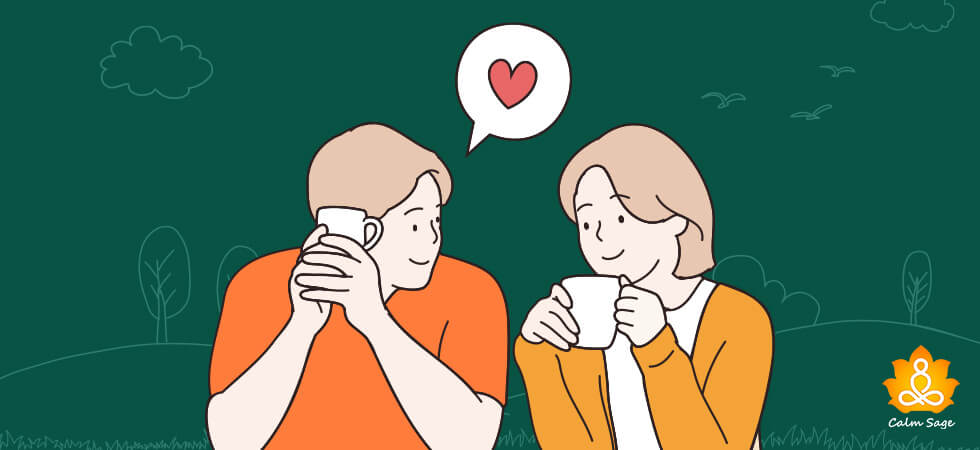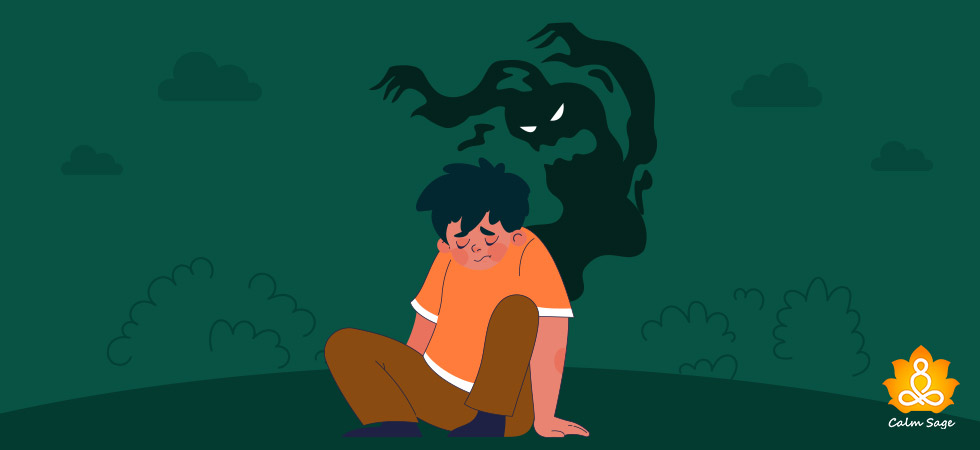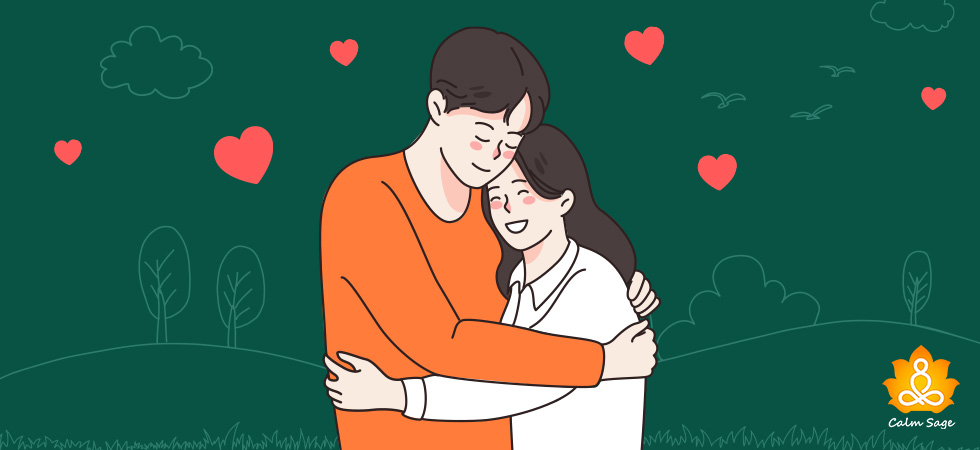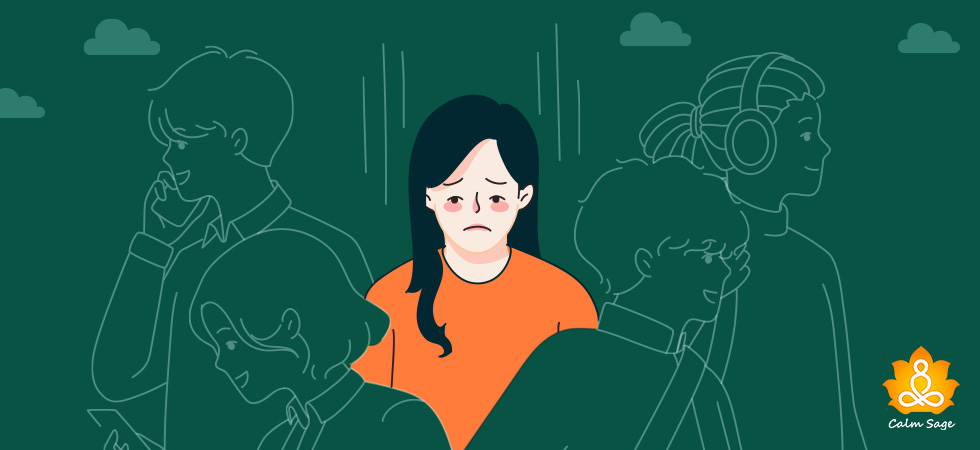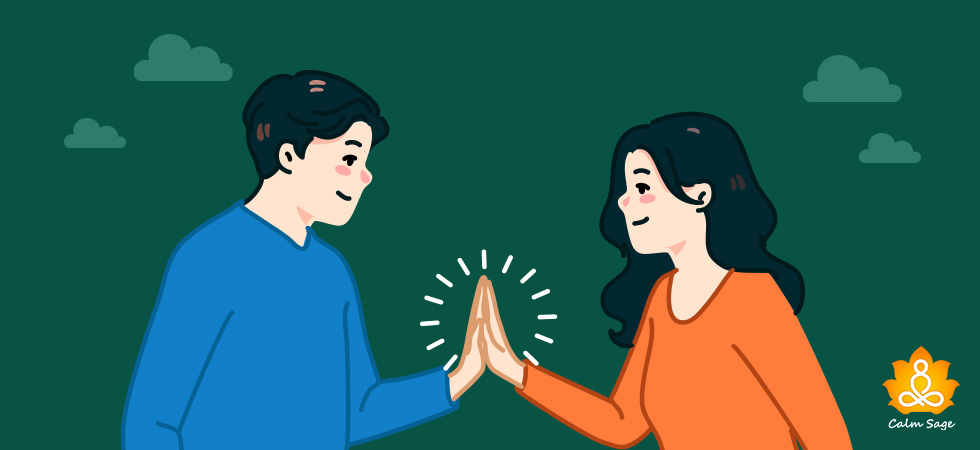Neat! You Show Little Signs of Anxiety
Whoa! Look at that. Your response indicates little to no signs of anxiety. You manage stress and day-to-day challenges effectively. You don’t let the stress of the day get to you and that shows in the strong emotional health you’ve maintained.
Continue to practice self-care and maintain a healthy balance in your life. If you ever feel the need to reach out for help, don’t hesitate to contact a professional for support. You can also try to join anxiety support groups and online forums just to have a support resource at hand when you need it.
Keep up the positive mindset!
Interesting…There is a Mild Indication of Anxiety
Look at that! Your response indicates mild symptoms of anxiety. It’s important to recognize that many people experience feelings of anxiety and you’re not alone. While your symptoms are manageable, you can keep practicing self-care, and seek support to make more of a difference in your anxiety levels. Here are some things you can take care of:
- Practice mindful breathing to keep anxious thoughts at bay.
- Stay active and maintain a healthy lifestyle.
- Engage in hobbies and activities that keep you from feeling too overwhelmed.
- Share your feelings with loved ones, support groups, or a professional if needed.
Hmm…You Might Have Moderate Anxiety
Oh, seems like you might show moderate signs of anxiety. You’re not alone in experiencing anxiety and to acknowledge your feelings is a brave step in itself. While your symptoms of anxiety might be causing some discomfort in your everyday life and routine, there are effective strategies you can incorporate into your routine to manage your anxiety. Here are some things to consider:
- Practice relaxation techniques like deep breathing exercises, progressive muscle relaxation, and mindful breathing to calm your anxious mind.
- Engage in regular physical activity to increase the production of endorphins.
- Eat a well-balanced diet, get enough sleep each night, and explore activities that help you feel relaxed and calm.
- Learn to recognize negative thoughts and stressors. You can learn to challenge your negative thoughts and eliminate the stressors that might contribute to your anxiety.
- Consider seeking support from an anxiety support group, online forums, or a professional therapist.
Yikes! You Have a Strong Indication of An Anxiety Disorder
Ah! Your response indicates that you might have severe symptoms of anxiety, enough to indicate an anxiety disorder. Please know that you’re not alone in facing these challenges and seeking help is just one of the steps you can take to improve your well-being. Your symptoms have been significantly impacting your everyday life, but with some effective strategies and help, you can cope with them.
Here are some tips to cope with high anxiety levels:
- If your symptoms are too severe and disrupt your daily life, then you must consider seeking a professional’s help and support. A professional can help you with an evidence-based approach to treating anxiety.
- Add mindfulness and meditation to your daily routine. These practices can keep you grounded in the present moment and keep your mind from drifting too far.
- You can also practice deep breathing or conscious breathing exercises to manage shortness of breath or shallow breathing which are the most common symptoms of anxiety.
- Establish a daily routine with healthy meals, regular physical exercise, and an adequate sleep schedule. You can also try setting boundaries, delegating tasks, and limiting your daily stressors to avoid worsening your stress and anxiety.
- Practice self-compassion and be kind to yourself. Anxiety often makes you turn against yourself and self-blame. When that happens, practice compassionate self-talk and reciting positive affirmations to feel grounded in the present moment.

